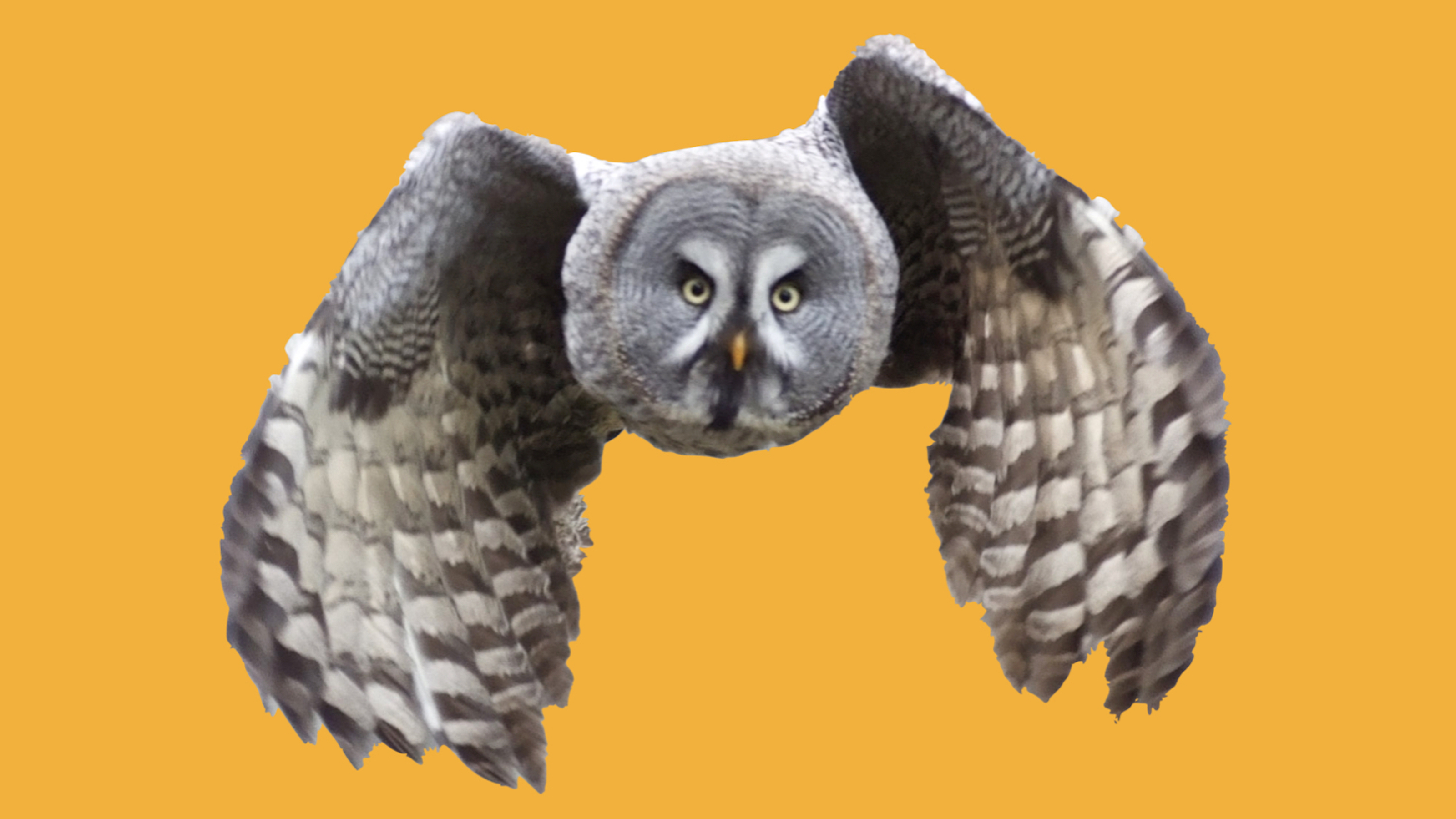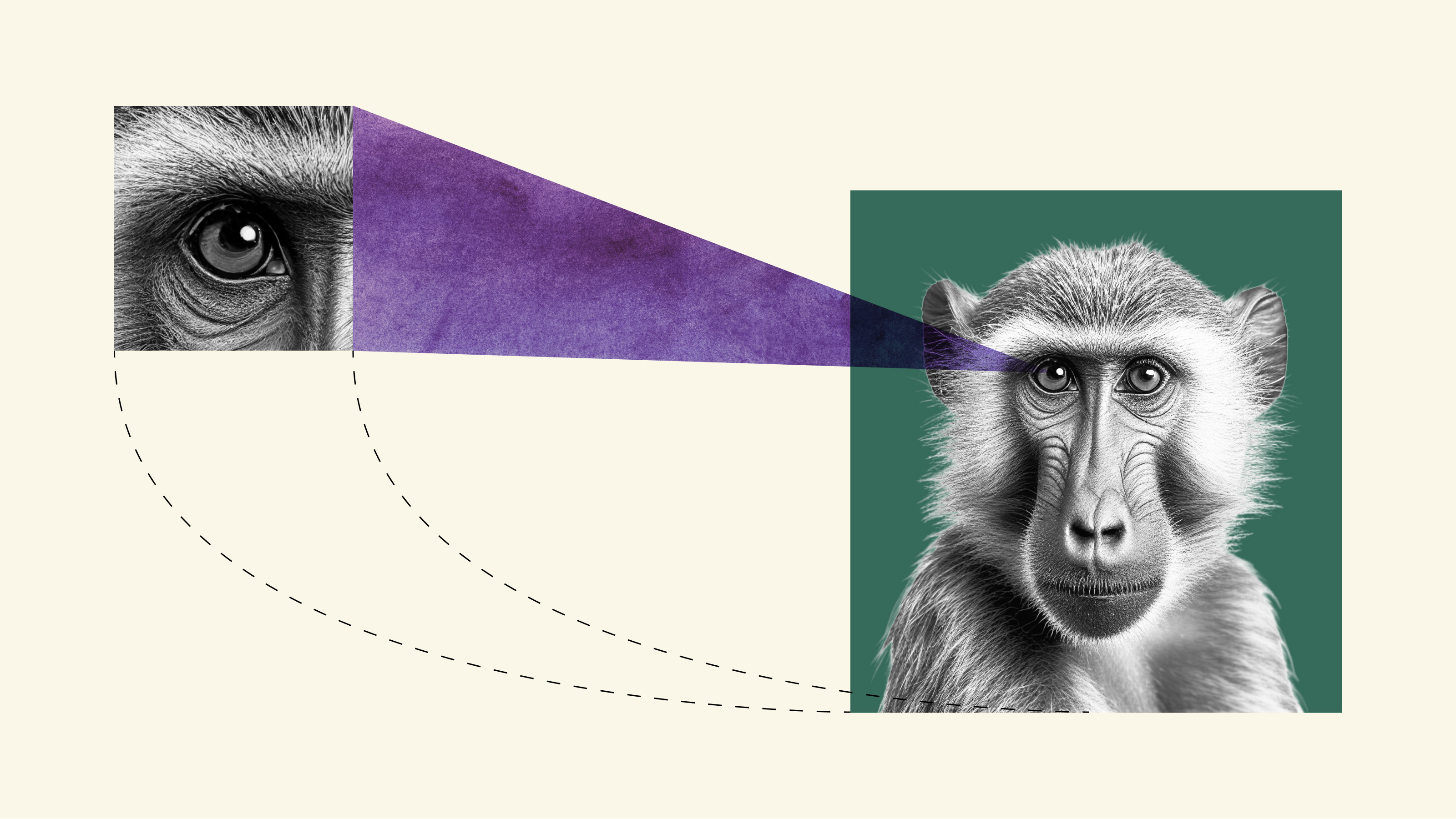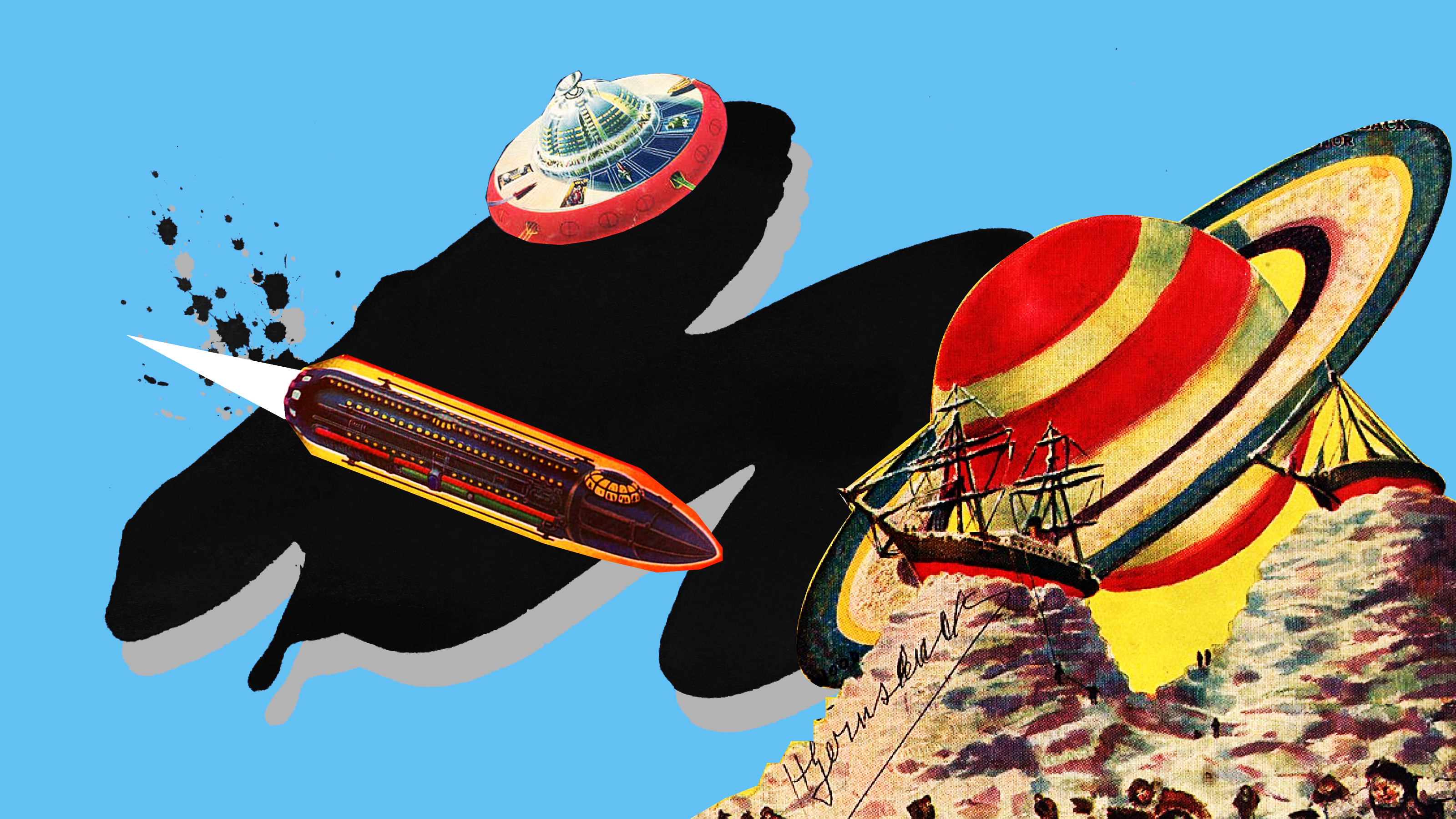Antonelli sees herself as a loudspeaker.
Question: Beyond a simple title, how would you describe what you do?
Antonelli: What I do for a living is always the same thing from the start but with different expressions. You know I feel that my mission in life is to report what I see. I have a really, really strong eye and a very, very big capacity to make a synthesis of what I see and present it. So I tried before to do it. I was a writer. I was an educator because I was teaching. I still do sometimes. So I used paper. I used the Internet. I used teaching. And now I use exhibitions. And I use the museum as a platform to communicate to the public. What I really wanna do is to explain to as wide an audience as possible how great design is. I really strongly believe that it’s one of the highest if not the highest expression of human creativity. And so I just take whatever I can, whatever I have at my disposal to communicate it to the public. In more detailed terms, I organize exhibitions. I conceive them and then I carry them through so that they become actual exhibitions open to the public. I augment the collections at the Museum of Modern Art, especially with contemporary design. I speak publically. I speak privately. You know when you’re at the Museum of Modern Art, you’re almost a public figure. So you get queries from anybody – people who own chairs and want to know what they’re worth; young people that want to become designers and want to know more; they want to become curators. So you really are a magnet for all sorts of inquiries. I speak to the press. So it’s really . . . I really consider myself a loudspeaker.
Question: Where does your work fit in?
Antonelli: You know it’s a very good question. I do consider myself in the middle of it all. And very often when people are in museums they . . . the public thinks that they don’t touch commerce; they don’t touch business because that’s almost dirty. And instead I find business, manufacturing and economics really vital – especially to my discipline, which is design. Interestingly enough the Museum of Modern Art was founded in 1929. And the founding director, Alfred Barr, was in his twenties when the museum was founded. And he, from the start, included architecture and design as one of the curatorial departments in the museum. And he said that design and film – that was another department – were the opportunities for everybody . . . for people all over the world to have art in their lives. That’s the truth. Design really sits in this very special position. Design is informed and is shaped by, of course, art; of course engineering, technology, science; but also by business, the market, by all of those very mundane disciplines that shape what people want or will want and the way they use objects. The way I sit in the middle of it all is by being as much of a sponge as I can. You know whenever I organize an exhibition – and even in my normal life – I just do nothing but observing, reading, traveling as much as I can, and exploiting my curiosity. I think that that’s possibly my best quality – curiosity. And that’s why also I try to, for instance, go to conferences that are not specifically about design, but also economics conferences, or technology conferences. That’s where I learn so much. And because I did those two years of economics – see everything fits in the minestrone, in the broth – I can speak the language of businesspeople and I can understand their language. Another thing that I do is I am a magazine junkie, and so I subscribe to about 25, 27 magazines at home that are not design – ranging from Consumer Reports – great design magazine – to The Economist, to InStyle. I mean anything goes, right? So truly I just become a funnel, a sponge, a black hole for everything that deals with the world and with how people live. And I translate it and interpret it so that people understand it as a substrate for design.





